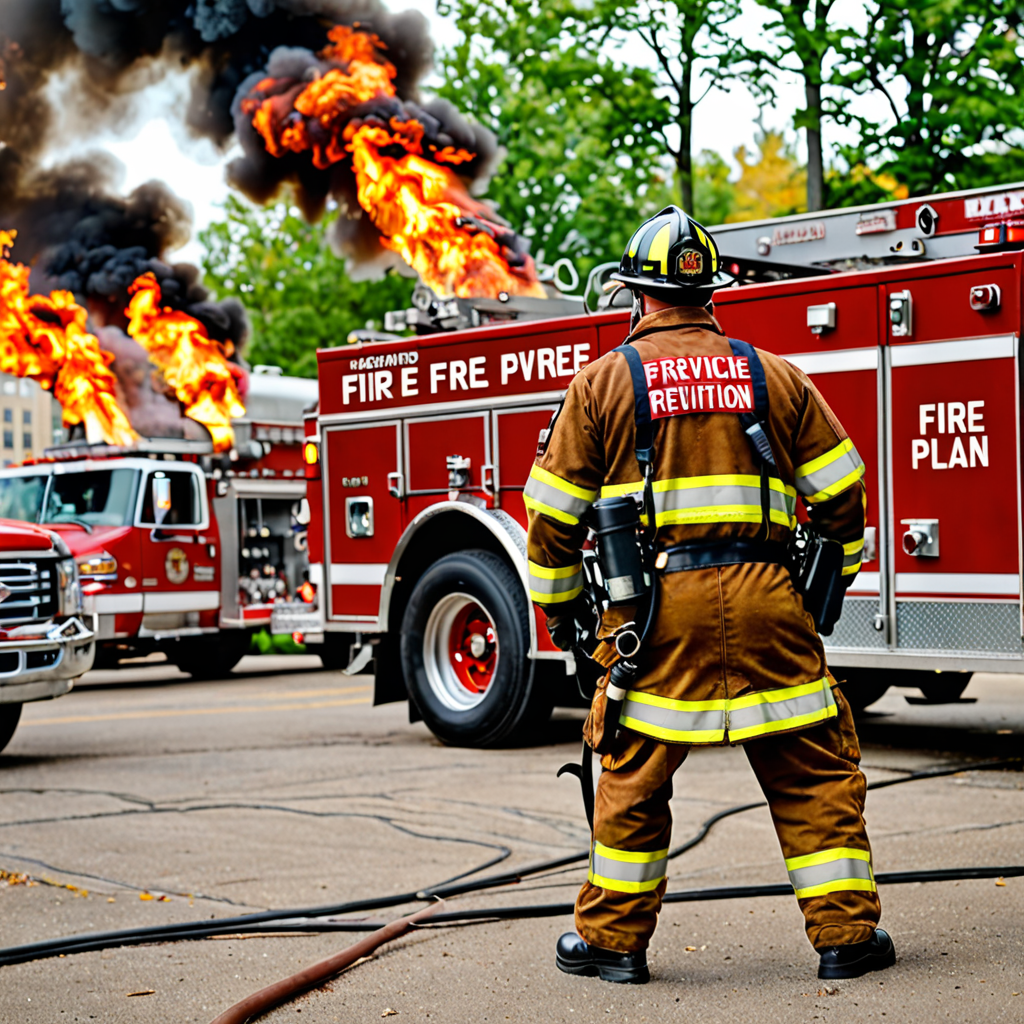
Introduction
Fire prevention training is crucial for ensuring the safety and well-being of the community. Madison, like any other city, needs a comprehensive fire prevention training plan to mitigate the risks of fire-related incidents. This article explores the essential components that Madison should include in its fire prevention training plan.
1. Fire Safety Regulations and Standards
Madison’s fire prevention training plan should incorporate a thorough understanding of local, state, and national fire safety regulations and standards. This includes knowledge of building codes, fire extinguisher requirements, evacuation procedures, and adherence to fire safety laws.
2. Emergency Response Protocols
It is imperative for the training plan to outline clear and concise emergency response protocols. This involves educating individuals on how to promptly and safely respond to a fire emergency, including techniques for extinguishing small fires, facilitating evacuations, and conducting headcounts to ensure everyone’s safety.
3. Fire Hazards Identification and Prevention
The training plan should emphasize the identification and prevention of fire hazards. This includes educating individuals about common fire hazards in urban and residential settings, such as faulty electrical wiring, flammable materials, and kitchen fire risks. Additionally, training should focus on preventive measures, such as proper storage of flammable substances and regular inspection of fire safety equipment.
4. Fire Safety Equipment Usage
Madison’s fire prevention training plan must provide comprehensive instruction on the proper usage of fire safety equipment. This encompasses training individuals on the operation of fire extinguishers, fire alarms, and emergency lighting systems. Moreover, individuals should be educated on the maintenance and inspection of fire safety equipment to ensure its effectiveness in a fire emergency.
5. Community Engagement and Education
Community engagement and education are vital components of the fire prevention training plan. Madison should include initiatives for raising awareness about fire safety within the community, conducting fire drills in residential and commercial areas, and collaborating with local organizations to promote fire prevention awareness.
FAQ
Q: How often should fire prevention training be conducted in Madison?
A: Fire prevention training should be conducted regularly, with initial training for new residents and employees, and subsequent refresher courses at least annually. Additionally, it is advisable to conduct impromptu drills to assess the preparedness and responsiveness of individuals in the event of a fire emergency.


